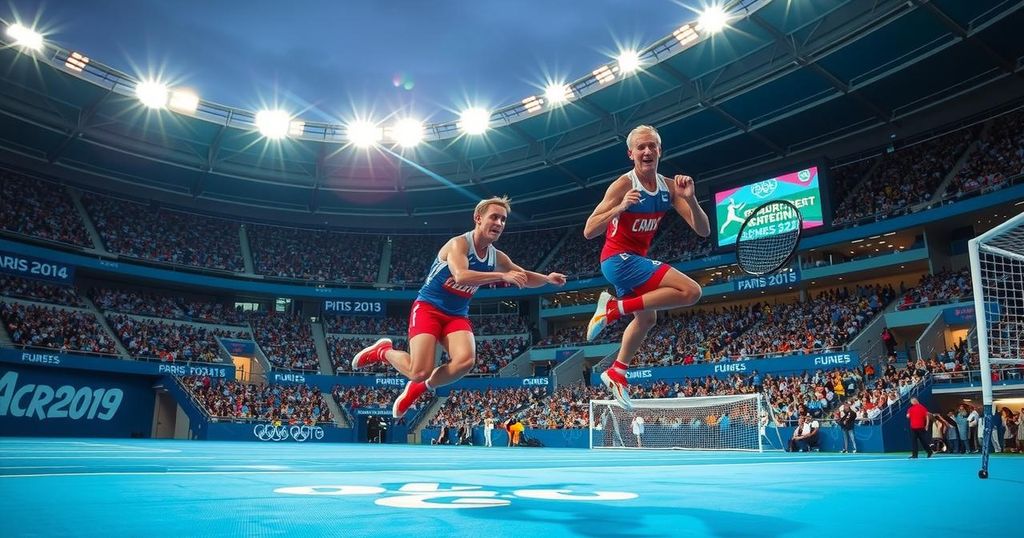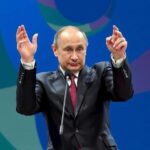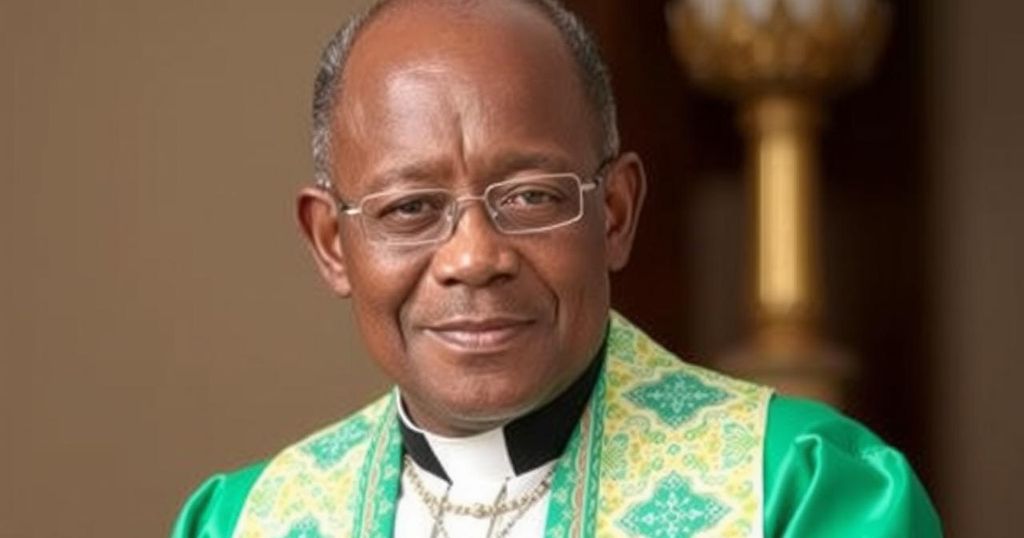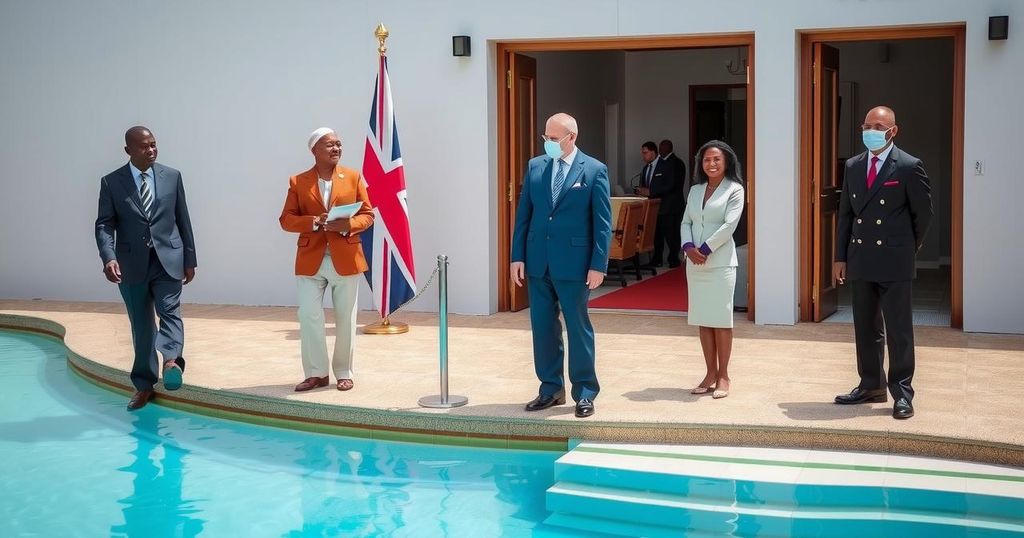2024 Paris Olympics: A Successful Rebirth for the Olympic Movement
The 2024 Summer Olympics in Paris successfully showcased an extravagant sports competition, regaining global attention after previous pandemic-affected Games. The event highlighted the remarkable performances of local athletes while addressing the IOC’s urgent need for positive public perception and revitalization following sponsorship challenges. Thomas Bach’s announcement of retirement signified a pivotal change in the organization’s leadership.
The 2024 Summer Olympics in Paris marked a significant event as the Games returned to Europe for the first time in twelve years. The extravaganza captivated a global audience, serving as an essential rebound from the image and financial setbacks experienced during the pandemic-affected Tokyo and Beijing Games. The International Olympic Committee (IOC), under immense pressure from sponsors and broadcasters, celebrated a successful Paris Games, showcasing the city’s iconic landmarks as venues and delivering thrilling sports performances.
Local athletes contributed to the excitement, with French swimmer Léon Marchand gaining acclaim by securing four gold medals, fostering a surge of national pride. France achieved its most impressive medal tally in 124 years. This edition of the Games was historic for New Zealand, which won a total of twenty medals, including a record-breaking ten gold medals. Dame Lisa Carrington continued to shine as she captured three gold awards, totaling eight golds and one bronze in her Olympic career, while triathletes and cyclists also earned top honors across various disciplines.
The participation of Russia was notably diminished, with only a few athletes competing under neutral flags due to geopolitical tensions linked to the Ukraine invasion. Fortunately, concerns regarding operational and security issues largely subsided, solidifying the IOC’s position as it anticipates the formidable task awaiting the Los Angeles Games in 2028.
To compound the IOC’s need for a resounding success in Paris, several prominent Japanese sponsors, including Toyota and Panasonic, opted to conclude their Olympic sponsorships, prompting the IOC to seek new partnerships. With interest growing in the 2036 Summer Games, countries such as India, Qatar, and Saudi Arabia are emerging as potential hosts.
Additionally, the 2024 Games signaled the end of an era, as Thomas Bach announced he would not seek re-election as IOC President after leading the organization since 2013. This paves the way for new leadership, with seven candidates, including prominent figures such as Sebastian Coe, vying for the presidency during the elections in Greece scheduled for March.
The Paris 2024 Summer Olympics were highly anticipated not only for their location but also as a critical opportunity for the International Olympic Committee (IOC) to recover from the challenges faced due to previous Games impacted by COVID-19. After the Tokyo 2020 and Beijing 2022 Games were overshadowed by restrictions and a lack of fan engagement, the Paris Olympics aimed to rejuvenate interest and confidence in the Olympic brand. Furthermore, the IOC is keenly aware of the shifting dynamics in sponsorship and support, necessitating a successful event to bolster its portfolio as new contenders for hosting future Olympics emerge.
In summary, the Paris 2024 Summer Olympics successfully revitalized the Olympic brand, achieving strong performances by local athletes and featuring a spectacular celebration of sportsmanship, culture, and unity. The event was not only a pivotal moment for the IOC in restoring its image but also marked a transition in leadership dynamics with the announcement of Thomas Bach’s departure. The groundwork laid in Paris is anticipated to influence the IOC’s future endeavors, particularly concerning upcoming Olympic Games and sponsorship strategies.
Original Source: www.rnz.co.nz








Post Comment